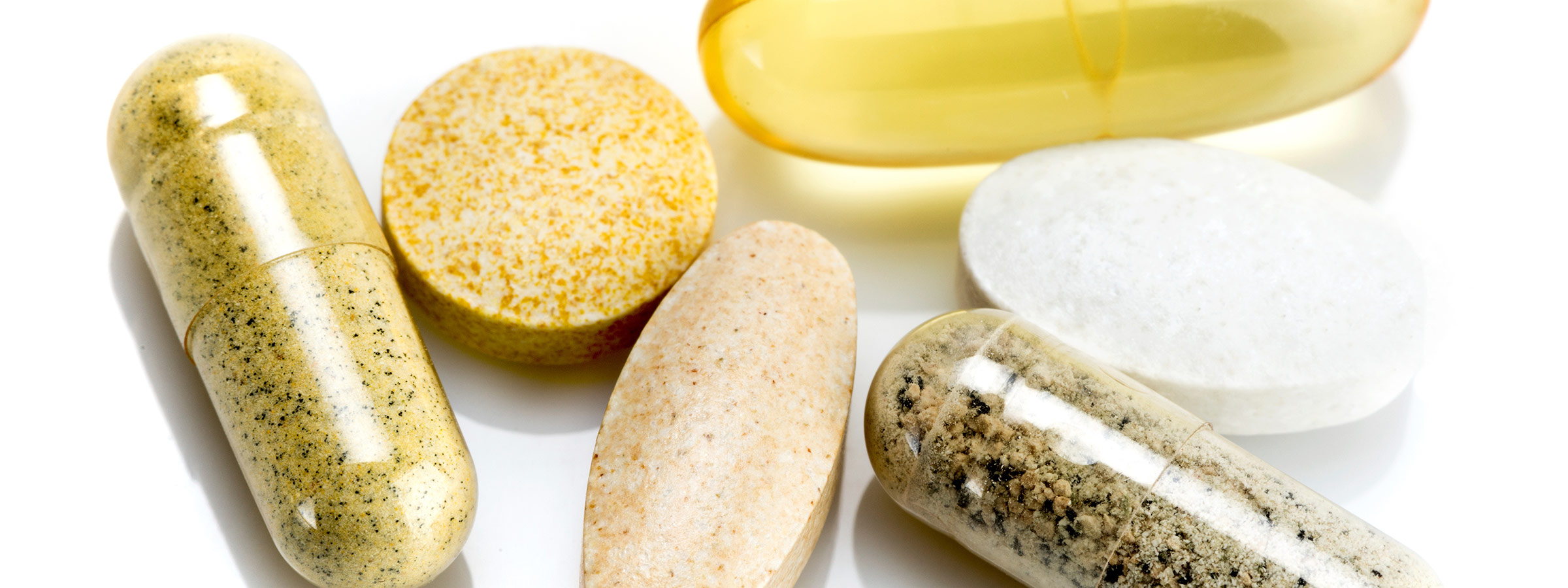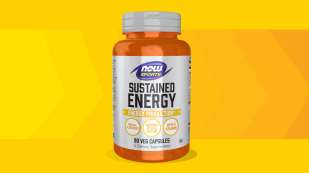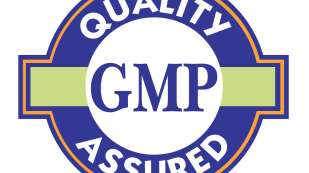Use coupon code CARDAMOM with your purchase of $40 or more for a free†
Cardamom OilThe Tablet Vs. Capsule Controversy: Which Is Better?

The truth about tablets and capsules
Many dietary supplement consumers believe that nutrients from capsules are absorbed better than from tablets because in some cases the latter have been known to pass through the GI tract intact. While it could be true for some manufacturers, this is not the case with tablets produced by NOW®. At NOW, we continually monitor tablet quality, particularly disintegration. This is important because a tablet that breaks down too slowly (or not at all) will fail to release specific nutrients to critical intestinal sites, decreasing absorption and potentially causing gastrointestinal upset. As such, we have strict specifications for tablet disintegration, testing every lot to assure that tablets will behave properly in the GI tract. Our mineral tablets, for example, disintegrate in under 60 minutes, which gives them plenty of time to get absorbed.
We test tablets for disintegration using specialized and standardized equipment. We typically use water and/or simulated stomach or intestinal fluids, where required. Vinegar (acetic acid) or any other arbitrary chemical is not an appropriate test medium.
We also check friability (chipping) and hardness (breaking strength) on all our tablets.
Capsules are usually made from animal source gelatin or, if vegetarian, from starch hydrolysate or hydroxypropyl methylcellulose, a plant fiber derivative. At NOW, we strive to use the smallest capsule possible, minimizing the use of excipients. Shop all NOW Supplements.
Here is a brief summary of the relative characteristics of encapsulated and tableted supplements:
ADVANTAGES OF CAPSULES
- Unique mixes of ingredients are possible
- Sealed hard gelatin capsules can be good oxygen barriers
- Protection for sensitive ingredients
- Capsules can be opened to obtain powdered ingredients
- Reduced gastrointestinal irritation
- Odorless, tasteless, easy to swallow
- Oil and fat-soluble nutrient delivery
ADVANTAGES OF TABLETS
- Widely accepted, elegant
- Custom size, shape, and appearance
- Scored tablets make it possible for dose splitting; NOW Foods sells only a few scored tablets
- Typically have lower cost
- Preferred delivery for products with large amounts per serving due to compressibility
- Chewable tablets can be consumed by multiple demographics
- Controlled release agents used in tablets can aid specific nutrient uptake
- Low cost coatings for enteric delivery when necessary
- Dissolution control for quick, delayed, or extended release
DISADVANTAGES OF CAPSULES
- Bulky materials can result in large capsule size
- Ingredients can interact with capsule shell
- Limited fill weight based on capsule volumes
- Variation in fill volume is known to occur
- Can be more costly
- Softgel contents restricted to a tight pH range
DISADVANTAGES OF TABLETS
- Potentially poor disintegration in the GI tract, unless properly controlled for disintegration
- Granulation technique can add heat/moisture to components
- Potential sensitivities to coatings
Both capsules and tablets each have their merits, but our customers can rest assured that the Quality and Research and Development departments at NOW Foods are on top of the latest technologies that provide you with the highest quality in both delivery systems.











